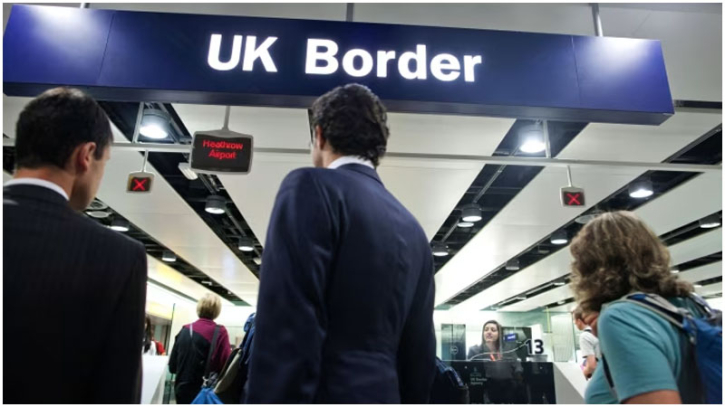UK plans to drop visa fees to attract top global talent

Prime Minister Sir Keir Starmer is considering plans to abolish visa fees for elite scientists, academics, and digital experts in a bid to boost growth and strengthen Britain’s global competitiveness.
Officials familiar with the talks said the proposal, under discussion in Number 10 and the Treasury, would target people with credentials such as graduating from the world’s top universities or winning prestigious international prizes. “We’re kicking around the idea of cutting costs to zero,” said one official.
The debate comes just as the US, under President Donald Trump, announced a sharp rise in H-1B visa application fees to $100,000 — a move seen as creating an opportunity for the UK to position itself as a more attractive destination for talent.
The proposals are being developed by Starmer’s “global talent task force,” chaired by business adviser Varun Chandra and science minister Lord Patrick Vallance. Chancellor Rachel Reeves is also reviewing the tax system ahead of her November 26 Budget to identify barriers to attracting high-skilled workers.
Currently, a UK global talent visa costs £766 per applicant, with dependants paying the same fee. In addition, applicants face an annual health surcharge of £1,035 per person. The visa offers flexibility, fast-tracked settlement, and is aimed at leaders in science, engineering, medicine, technology, and the arts.
The scheme has grown in popularity, with 3,901 visas granted in the year to June 2023 — up 76% from the previous year. But critics describe the process as overly bureaucratic and expensive compared with rivals. “This isn’t about diluting our determination to bring down net migration but about getting the brightest and best into Britain,” said one senior official.
Universities and industry groups have urged ministers to go further. Jamie Arrowsmith, director of Universities UK International, said that while the government’s £50mn Global Talent Fund was a start, Britain still needed to reduce visa costs for researchers and streamline the application system.
Reeves, meanwhile, is preparing wider pro-growth reforms, including a review of inheritance tax changes for non-domiciled residents, as she seeks to avoid a downgrade in the UK’s economic outlook from the Office for Budget Responsibility.
The Home Office said its global talent routes were designed to “attract and retain high-skilled talent, particularly in science, research and technology, to maintain the UK’s status as a leading international hub for emerging talent and innovation.”
.png)




